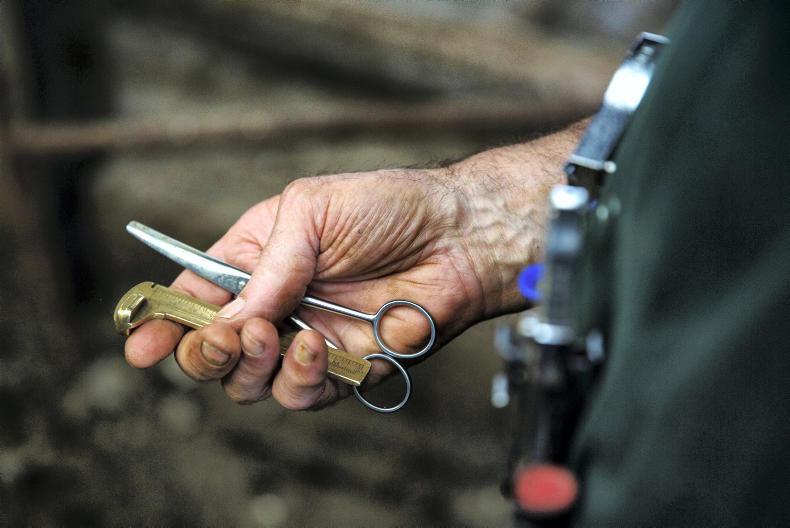Over 200 herds have been locked up with TB in Clare since the start of this year, with 838 reactors identified.
The Department of Agriculture has now implemented a blackspot plan for three parts of the county, two in the Burren and one in east Clare.
This brings more frequent testing for clear herds close to outbreaks in these areas.
Testing can be every three or even two months. The Department has stepped up its communication with local farmers.
Locked up
Carran suckler farmer Michael Davoren, IFA animal health chair for the county, has had his herd locked up since April, losing 14 calved cows in three tests.
“I’ve had a blast of orphan calves which I’ve had to rear by hand. It’s a very big cost and they won’t do as well.
"The consequential losses are big and the compensation doesn’t cover them.”
There’s a revolving door: herds are locked up every three to five years, the Department takes out cattle and badgers, but it’s not getting on top of it
Davoren’s herd has just had one clear test and could be clear in the next test in mid-December.
“There’s a revolving door: herds are locked up every three to five years, the Department takes out cattle and badgers, but it’s not getting on top of it.”
“The terrain here in the Burren is very different to other areas.
"We don’t know where badger setts are because the scrub is so dense. They can never be found,” he told the Irish Farmers Journal.
Testing
Doora farmer Pat Hannon is dairying with his son, Patrick.
TB breakdowns in the area mean they face herd testing every four months. They have not had a reactor in 20 years.
“It’s an inconvenience. I’ve always been a full-time farmer and like others didn’t put much value on my time.
"But younger farmers now have part-time jobs and have to take a day off work to test,” he said.






 This is a subscriber-only article
This is a subscriber-only article









SHARING OPTIONS: